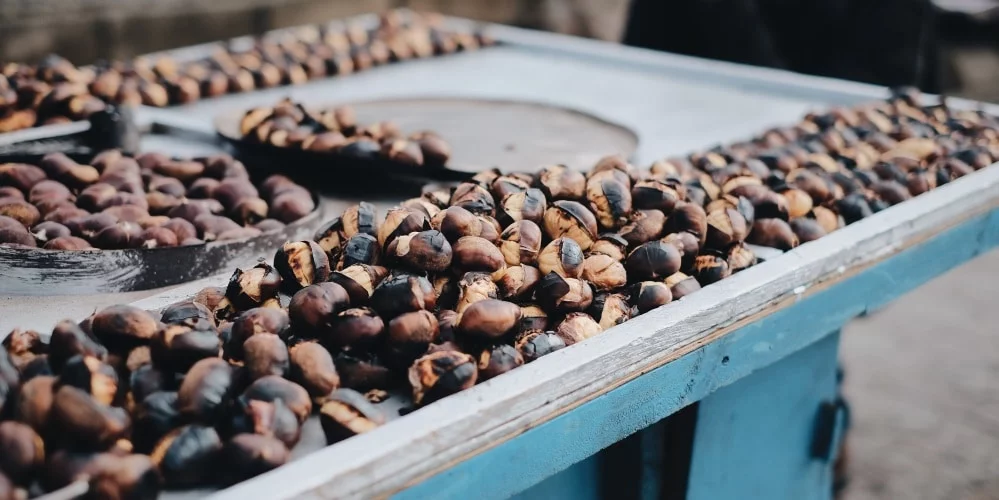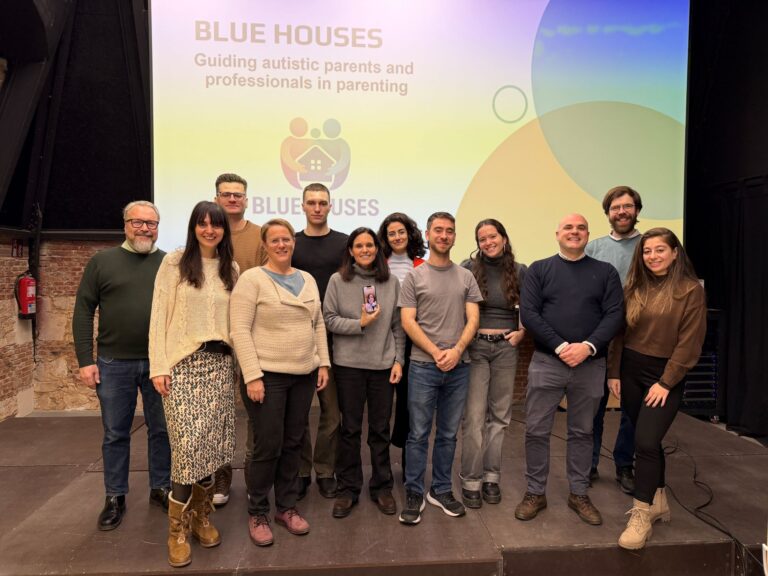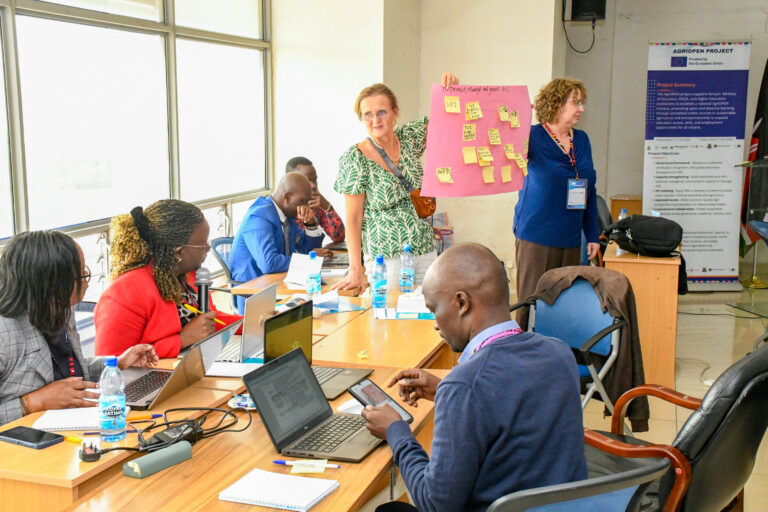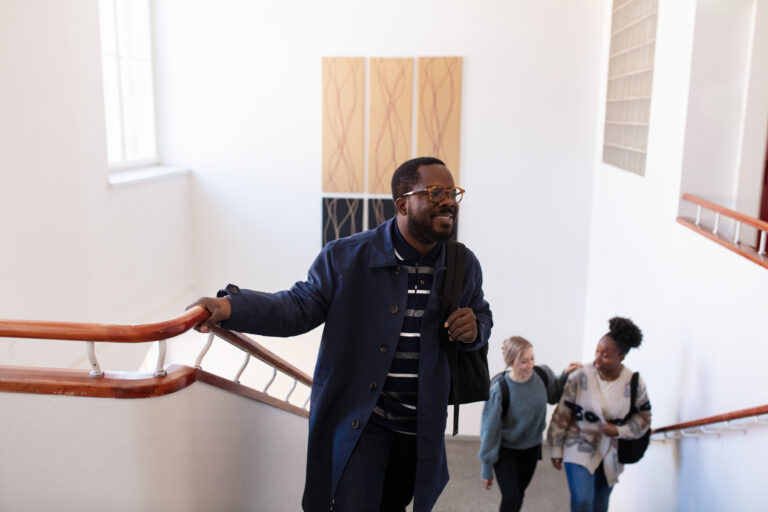HAMK students studied utilisation of cocoa side streams

HAMK’s activities in Africa led to collaboration with Kultasuklaa and the University of Cape Coast, Ghana. As part of the collaboration, HAMK students produced a literature study about cocoa side streams and their utilisation.
Utilising cocoa side streams
Cocoa is known worldwide as the raw ingredient of chocolate, and it is one of Ghana’s most important export products. However, cocoa beans make only about 30 % of the weight of a cocoa pod. The rest – husks, bean peels and pulp – often ends up as waste.
HAMK and Kultasuklaa assigned students to write a literature study about ways of utilising cocoa side streams. Kultasuklaa is an internationally oriented chocolate manufacturer that will aim at purchasing raw materials directly from Africa, in order to ensure quality and ethical working conditions. In addition, the company is interested in utilising cocoa side streams to promote local prosperity in source countries, as well as global environmental sustainability.
The study was conducted by a group of eight Biotechnology and Food Engineering students, and it revealed that the topic is widely under research and has raised interest among many. The husks have proven to be a good source of lignocellulose, pectin and phenols, which can be used for biofuels, animal feed and cosmetics. The husks also include a great amount of dietary fibres, as well as proteins and valuable bioactive compounds, such as theobromine and flavonoids. The pulp consists mainly of sugars, acids and pectin, and has numerous applications in food manufacturing due to its fibres and antioxidants.
Collaborating with Ghana
A significant part of the project was keeping in contact with students from the University of Cape Coast. The cooperation gave a great boost to the project and offered a valuable way for sharing findings and thoughts with people from Ghana, which is one of the largest cocoa producers in the world. It also increased students’ understanding of globality and business opportunities in Africa.
HAMK aims at actively creating networks and partnerships in Sub-Saharan Africa, and has drafted an Africa Action Plan 2020–2030 to support this internationalisation. HAMK is currently involved in several education and business projects in Ghana, Kenya, Zambia, Uganda, Namibia and South Africa, that promote circular economy, sustainable development and wealth creation.
This article is based on a blog post (in Finnish) by Nea Virta, Biotechnology and Food Engineering degree student.
Picture: Unsplash



